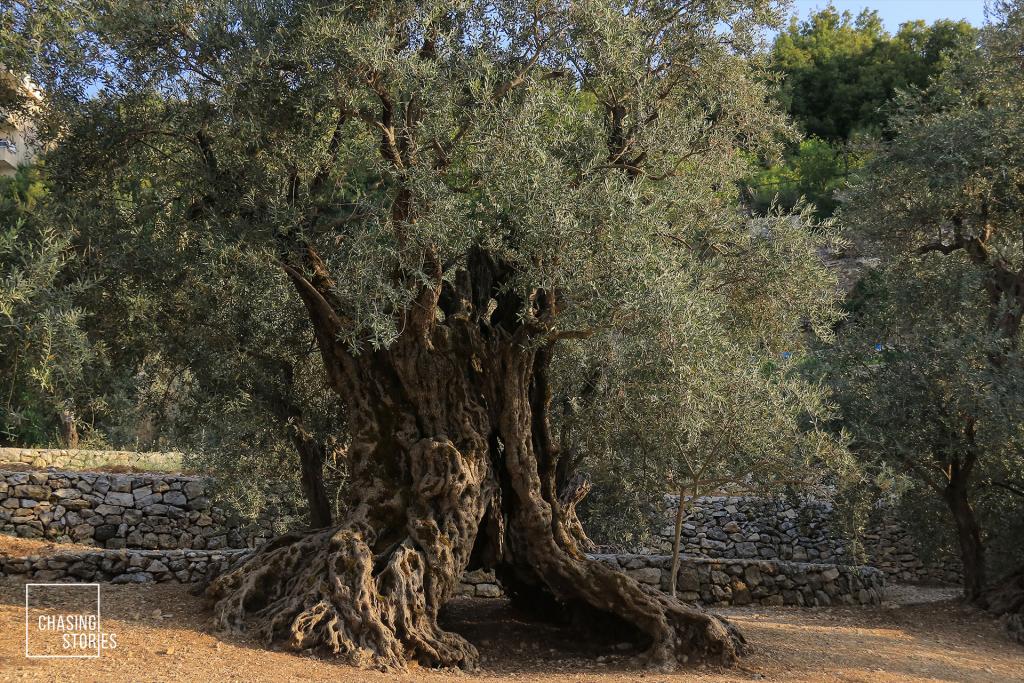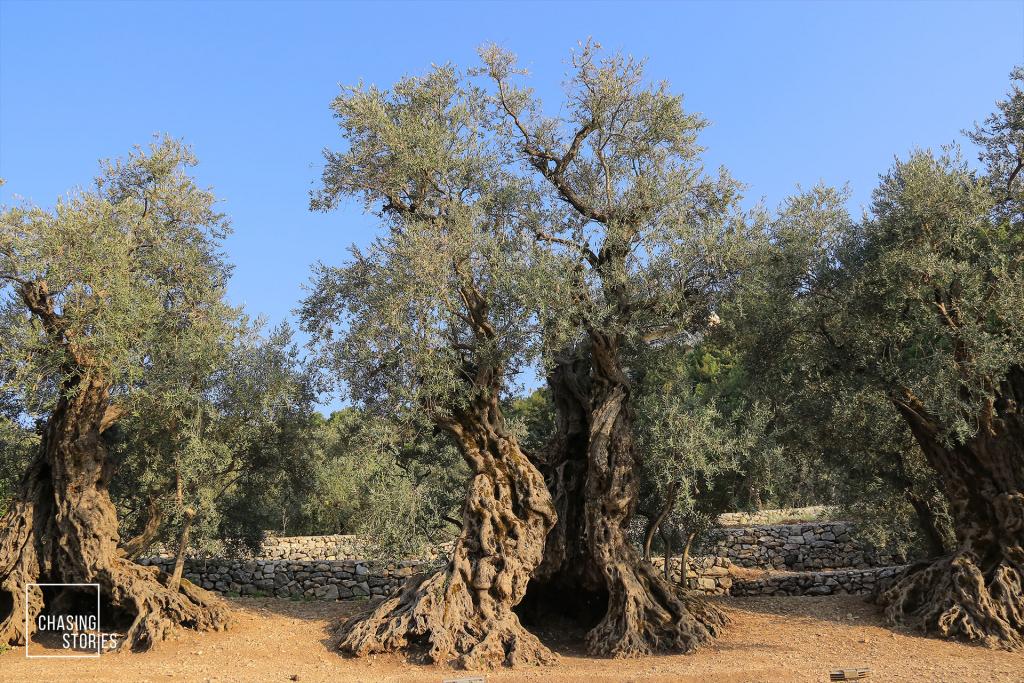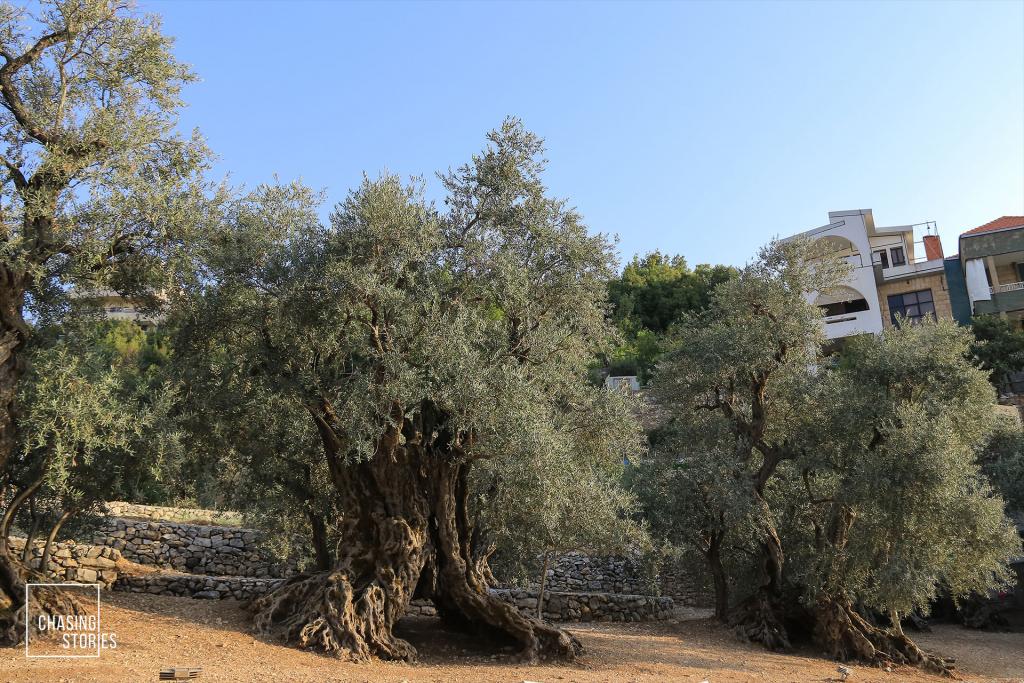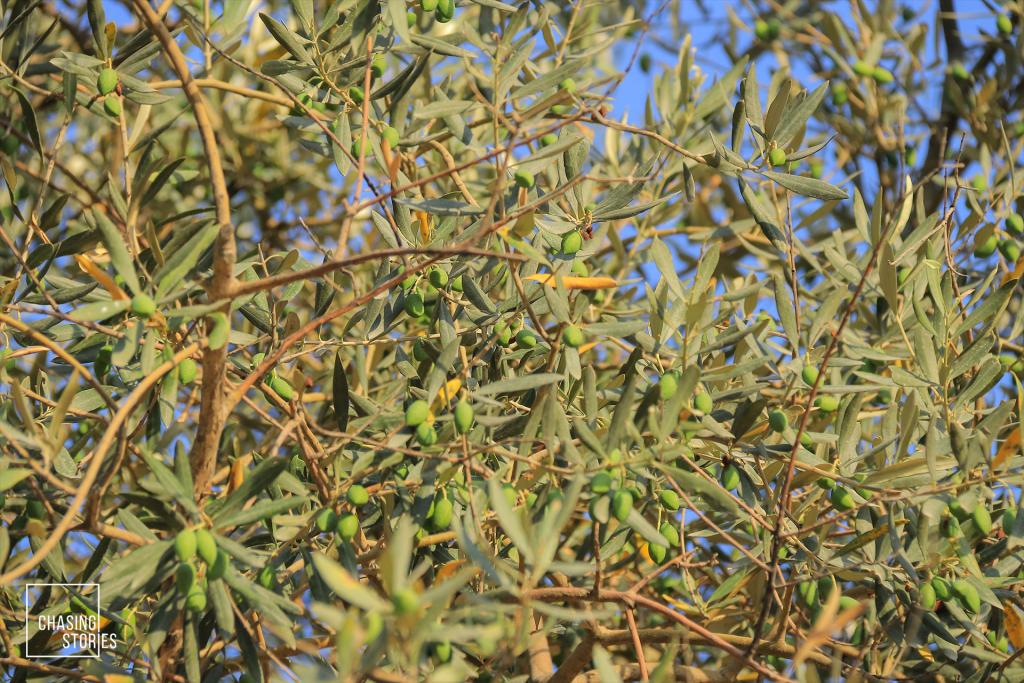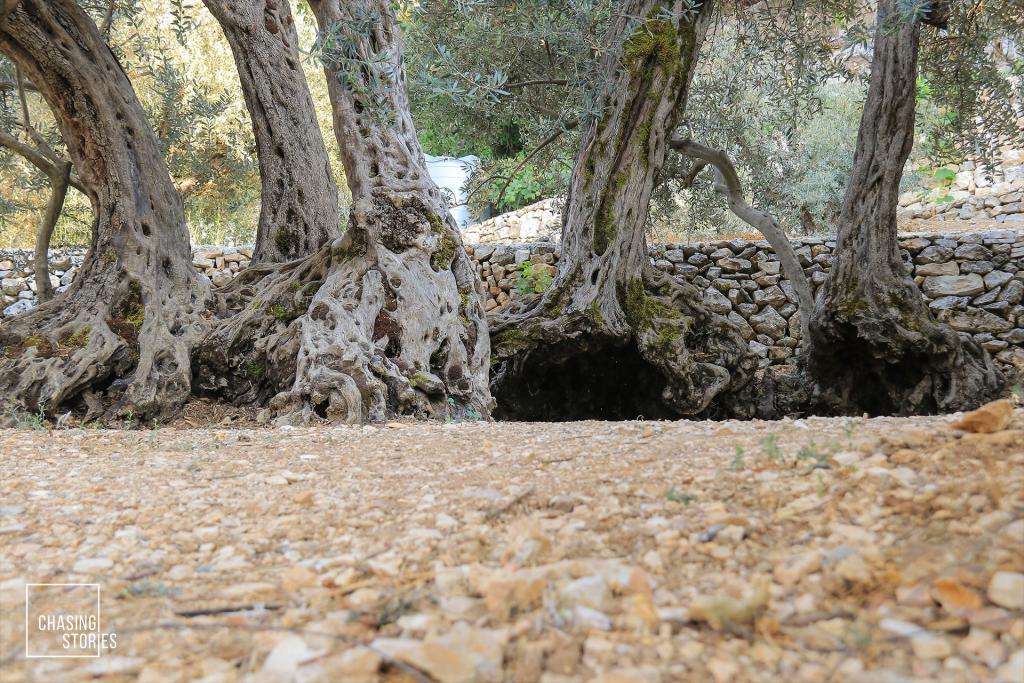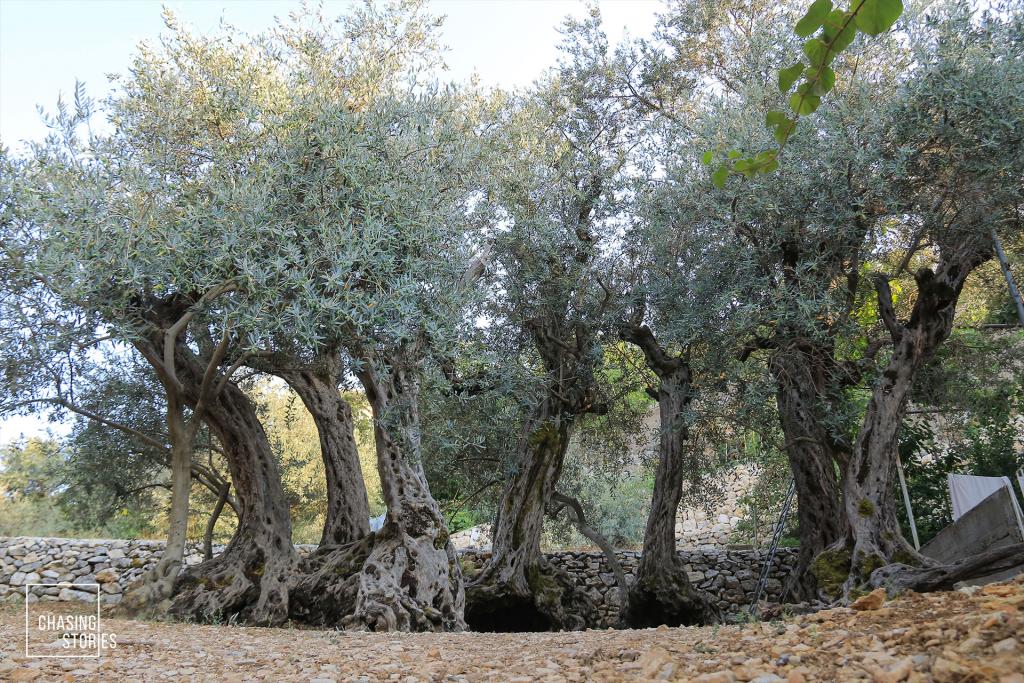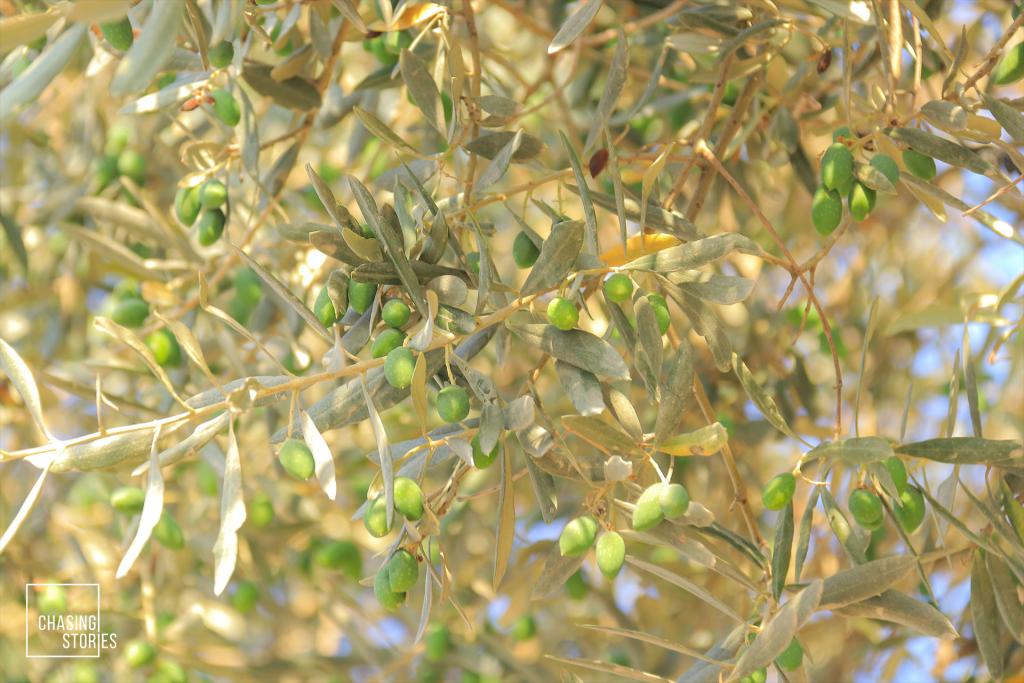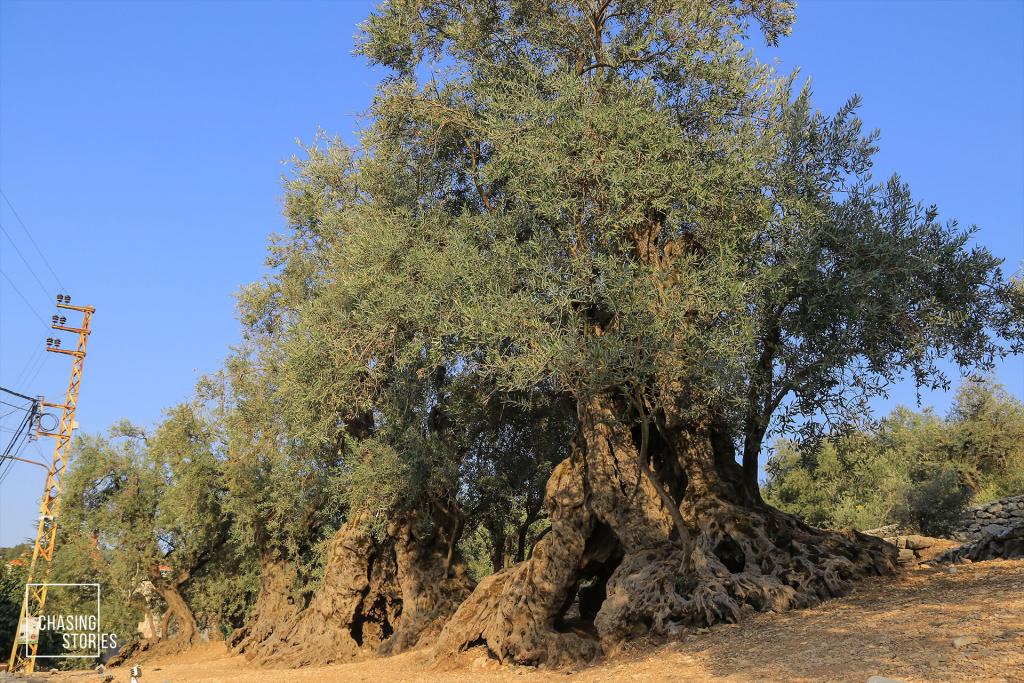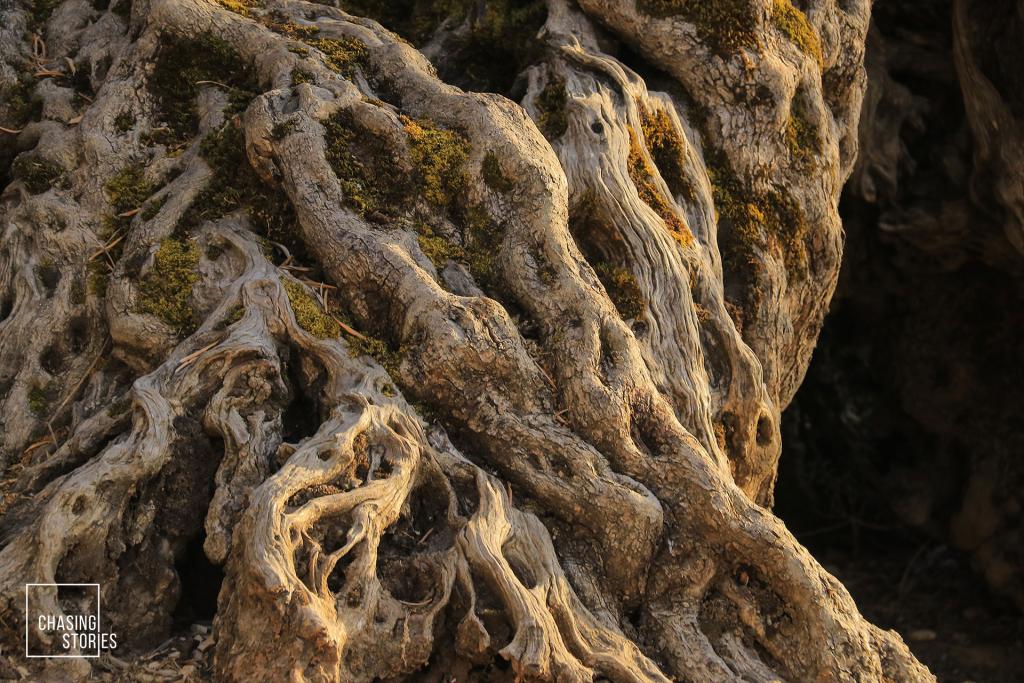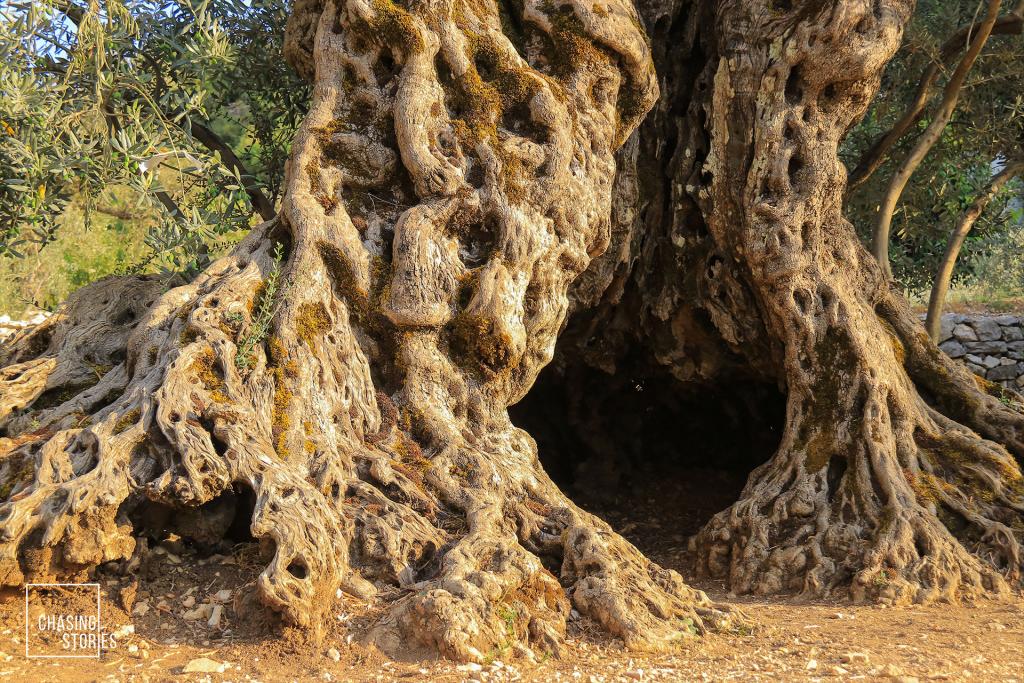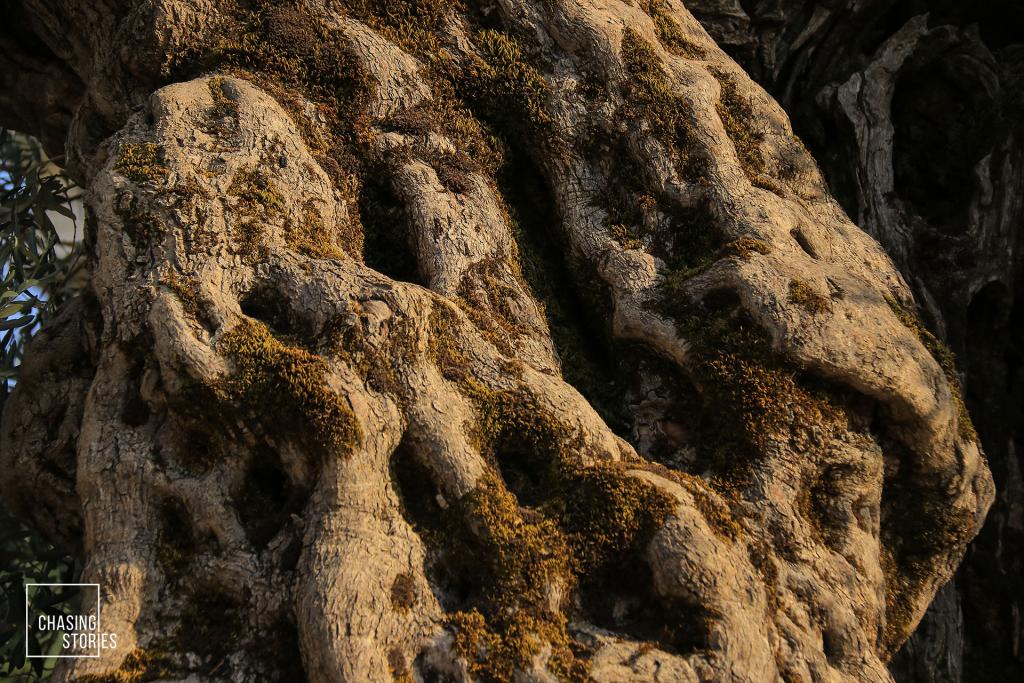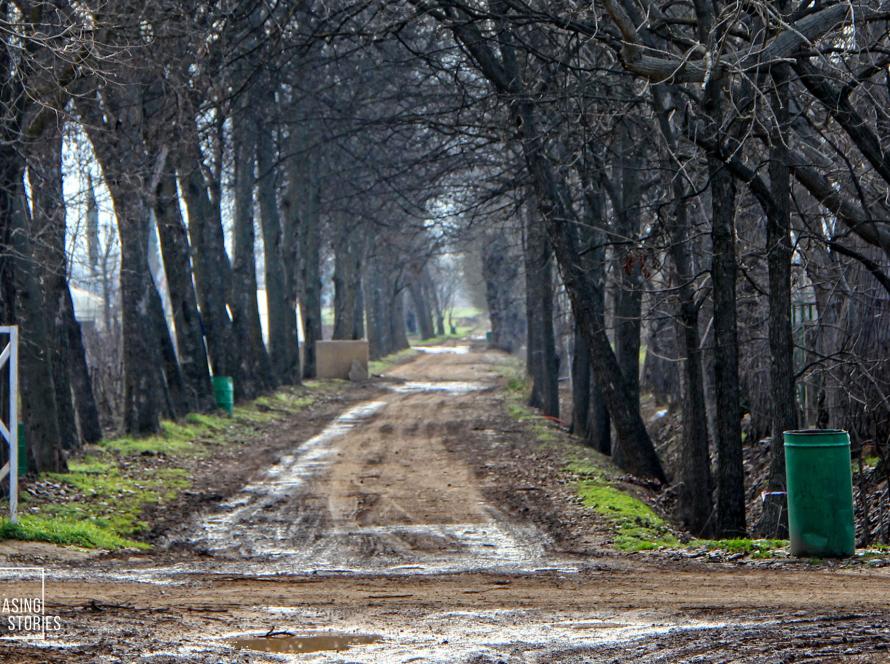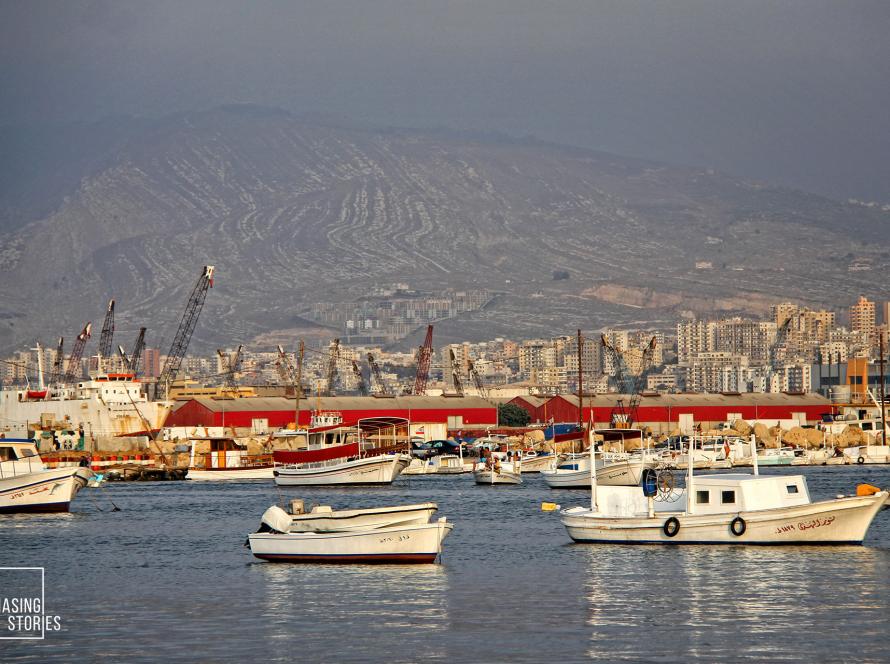Nestled in the serene hills of the West Bekaa region, the village of Bechaaleh is home to some of the oldest and most revered olive trees in Lebanon. These ancient trees are not just a testament to the region’s rich agricultural heritage but also living symbols of resilience and continuity. Their gnarled trunks and enduring presence offer a glimpse into the past, making Bechaaleh’s olive trees a remarkable and enduring feature of Lebanon’s landscape.
A Living Legacy
The olive trees of Bechaaleh are believed to be over a thousand years old, making them some of the oldest in the country. These venerable trees have witnessed centuries of history and change, their branches stretching wide and their roots delving deep into the rich soil of the Bekaa Valley. The longevity and durability of these olive trees speak volumes about their adaptability and the favorable conditions of the region.
Historical and Cultural Significance
Olive trees have been integral to Lebanese culture and agriculture for millennia. In Bechaaleh, these ancient trees hold a special place in the hearts of the local community. They are not only a source of olives and olive oil but also symbols of the village’s historical continuity and cultural identity. The olive groves in Bechaaleh are a living link to the past, representing a time when traditional farming practices were the cornerstone of local life.
The Olive Tree’s Resilience
The endurance of Bechaaleh’s olive trees is a testament to their resilience. Despite harsh weather conditions, changes in agricultural practices, and the passage of time, these trees continue to thrive and produce olives. Their gnarled, twisted trunks and sprawling branches tell a story of survival and strength, and they stand as a proud testament to the region’s agricultural heritage.
Traditional Olive Farming Practices
Visiting Bechaaleh offers a chance to experience traditional olive farming practices that have been passed down through generations. Local farmers continue to use age-old techniques for cultivating and harvesting olives. The process of hand-picking olives and pressing them using traditional methods ensures that the olive oil retains its unique flavor and quality. This dedication to preserving traditional practices adds to the charm and authenticity of Bechaaleh’s olive groves.
The Olive Harvest
The olive harvest season in Bechaaleh is a time of celebration and communal effort. From late autumn to early winter, the village comes alive with activity as families and farmers gather to collect olives from the ancient trees. The harvest is not just a time for gathering fruit but also an opportunity to come together, share stories, and celebrate the fruits of their labor. The process of harvesting olives is often accompanied by traditional songs and festivities, adding to the cultural significance of the event.
Olive Oil: A Taste of Tradition
The olives from Bechaaleh’s ancient trees are used to produce some of the finest olive oil in Lebanon. The oil, known for its rich flavor and distinct aroma, is a staple in Lebanese cuisine. Whether drizzled over fresh bread, used in traditional dishes, or enjoyed in salads, Bechaaleh olive oil is a true taste of the region’s heritage. Visitors to the village often have the opportunity to sample and purchase this exquisite oil, taking a piece of Bechaaleh’s tradition home with them.
Scenic Beauty and Tourism
The olive groves of Bechaaleh offer not only a glimpse into the region’s agricultural history but also stunning scenic beauty. The sight of these ancient trees against the backdrop of the Bekaa Valley is nothing short of breathtaking. The peaceful surroundings and picturesque landscape make Bechaaleh a wonderful destination for nature lovers and those interested in agritourism.
Conclusion
Bechaaleh’s oldest olive trees are more than just ancient flora; they are living symbols of Lebanon’s rich cultural heritage and agricultural tradition. Their enduring presence and the traditional practices surrounding them provide a deep connection to the past and a celebration of resilience and continuity. A visit to Bechaaleh offers a unique opportunity to experience the beauty and significance of these remarkable trees, making it a memorable destination for anyone interested in exploring Lebanon’s historical and cultural landscape.
